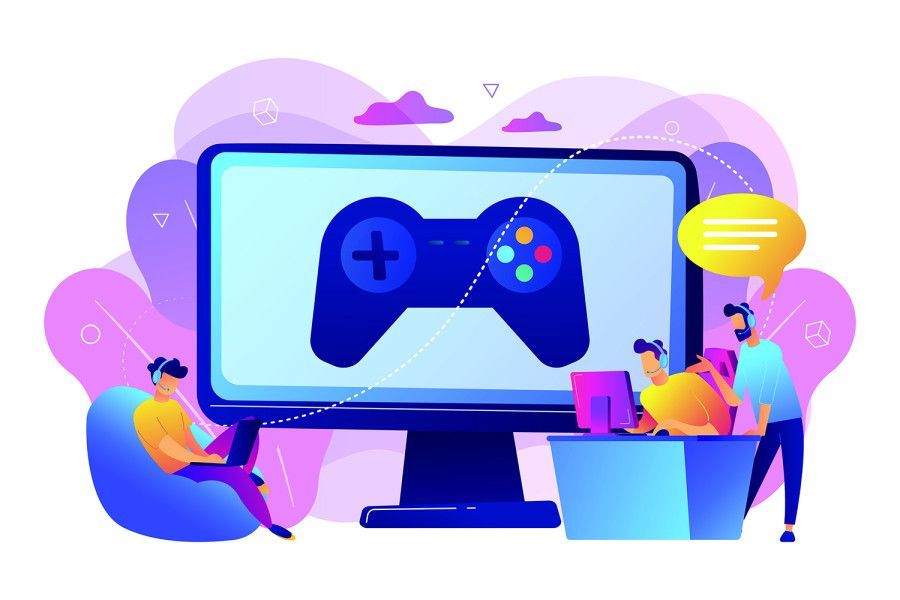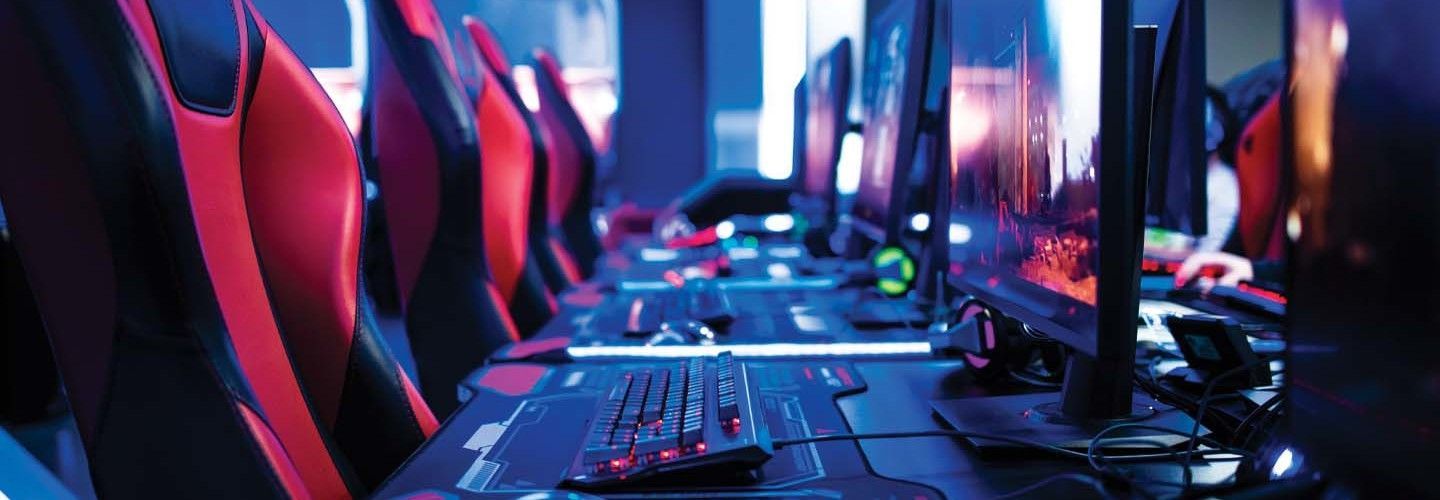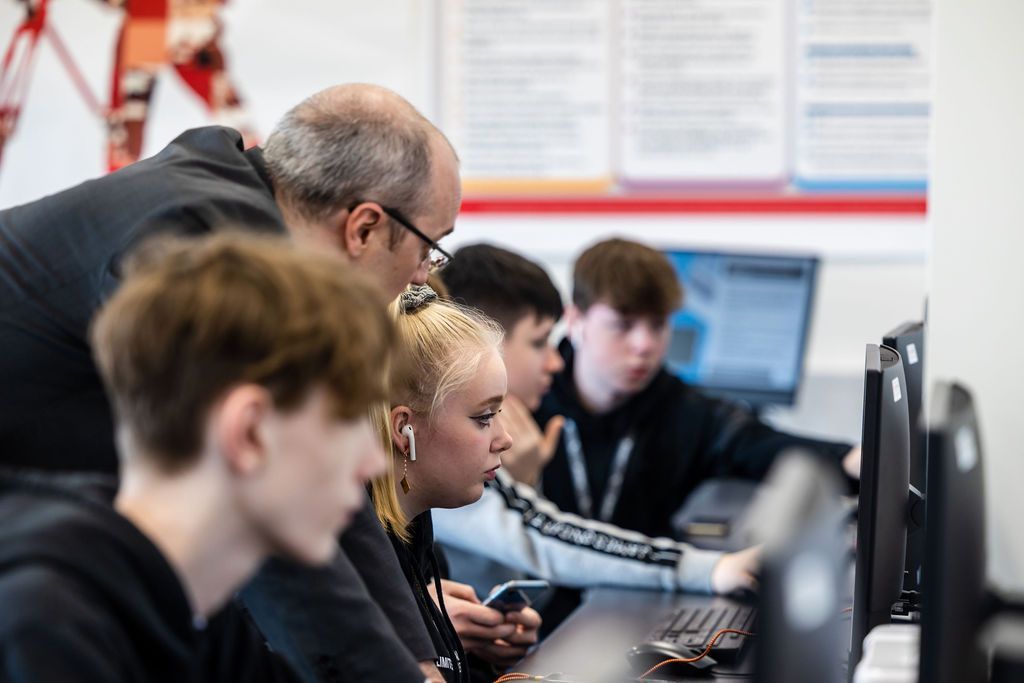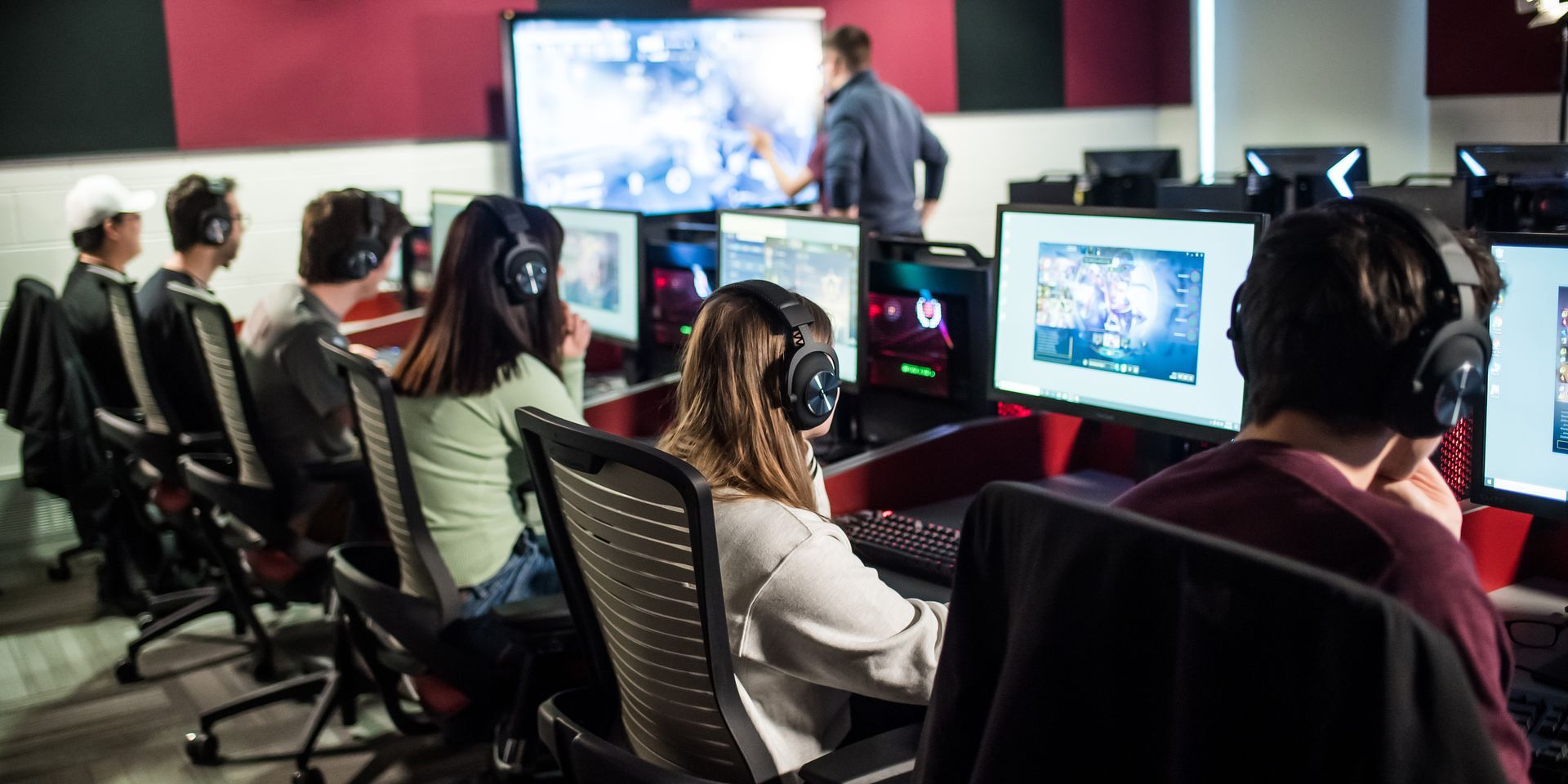Esports isn't merely about gaming; it's a platform where students can learn a plethora of valuable life skills. According to the insights from Intel, competitive video gaming enhances critical thinking, problem-solving, teamwork, communication, and strategic planning. These skills are not only vital within the gaming world but also translate seamlessly into real-life scenarios. By integrating esports into the school curriculum, we provide students with an engaging environment where they can hone these skills while having fun.
The Benefit of Esports Education in Schools
Level Up: Unlocking the Potential of Esports Education in Modern Schools

In today's rapidly evolving digital landscape, traditional educational stereotypes are being challenged, opening the door to innovative approaches that resonate with the tech-savvy generation. Esports, competitive video gaming at a professional level, has emerged as a phenomenon capturing the hearts and minds of millions worldwide. As esports continues its meteoric rise, it is crucial to explore the educational opportunities it presents, especially within the school environment. Drawing inspiration from successful implementations such as those highlighted by ABC News, ViewSonic, and Intel, this blog delves into the realm of esports education and advocates why children should have the opportunity to learn esports in school.
Developing Essential Life Skills Through Esports Education
Promoting Inclusivity and Collaboration
Esports is unique in its ability to bring students from diverse backgrounds together, fostering a sense of community and collaboration. The competitive nature of esports encourages teamwork and mutual support, breaking down social barriers and promoting inclusivity within the school environment. As highlighted by ABC News, esports leagues in schools offer a platform for students to connect, learn from one another, and build lasting friendships, promoting a positive and supportive atmosphere.

Preparing Students for Future Career Opportunities
The esports industry is booming, offering a wide array of career opportunities ranging from professional gaming and coaching to game design, event management, and marketing. By introducing esports education in schools, we equip students with the knowledge and skills necessary to pursue these careers. This aligns with the ever-expanding job market and ensures that students are well-prepared for future employment opportunities in the gaming and technology sectors.
Enhancing Academic Performance and Engagement
Building a Supportive Community of Learners
Esports programs create a sense of belonging and camaraderie among students, teachers, and parents. By participating in esports leagues and tournaments, students form supportive communities, encouraging each other's growth and learning. This sense of belonging enhances overall school morale, promoting positive relationships and reinforcing a school's sense of community.
While universities across the United States have embraced the phenomenon of Esports, creating vibrant communities through leagues and tournaments, the United Kingdom lags behind in Esports Education. This disparity not only leaves a gap in our educational system but also denies countless children the support and sense of belonging that comes from being part of a thriving community. It's not just about gaming; it's about fostering connections, building skills, and empowering the younger generation to excel in the digital age. Personally I believe the education must bridge this gap and provide the UK's youth with the opportunities and community they deserve.






